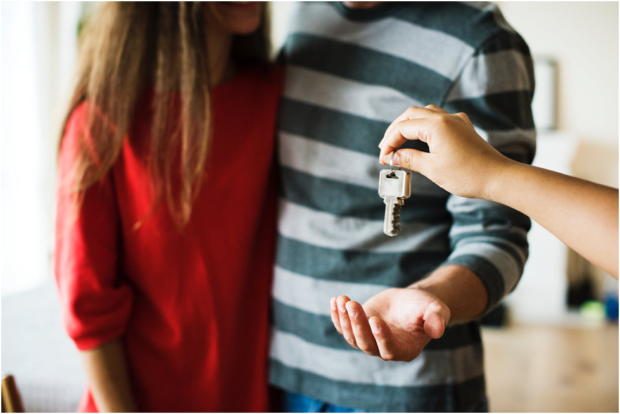How to Buy a Home If You’re Self-Employed

As someone who is self-employed, you have so many freedoms. You can create your own schedule, work from almost anywhere, and take time off when needed. Many people throughout the world have taken on this freedom of self-employment.
One of the many freedoms of adulthood, though, is buying a home. If you’re a freelance worker, you might ask, “can you buy a house if you’re self-employed?” The process is generally straightforward for those employed by someone else.
If you’re self-employed, getting approved for a mortgage is possible. Just know that it can be a bit more challenging. There are some more documents you have to fill out, but once you are aware of the process, the road to buying a home is more navigable for those who are self-employed.
Here’s how to buy a home if you’re self-employed, so you can continue living your life of freedom from your own home!
Manage Your Debts
Banks examine your previous debts and how you’ve handled them as well as your current debt-to-income ratio. If you have personal debts, the bank will be less likely to offer you a loan for a mortgage, whether you’re self-employed or not.
Someone who has managed their past debts increases their odds of getting approved for a mortgage and loan because they’ve proven they can make bill payments on time and correct any errors on credit reports. Conduct a thorough search of your debt history and make sure you’re not putting yourself into any further debt.
Gather Income Information
Next, you’ll want to gather all of your income information to apply for a loan or mortgage. For someone employed by another person or business, they’re given W-2 documents to track their income history and the taxes that were taken out.

Self-employed workers don’t have W-2s. To get a mortgage, self-employed workers need to prove their income and taxes with a 1099 form. Plus, if you’ve been working as self-employed for more than two years, most banks will ask for at least two years’ worth of tax returns. Usually, with freelancing, month-to-month income will look different, which is why you need all of your income information.
In addition to a record of your tax returns and your monthly income, you will also need to provide bank statements, a declaration of your assets, any additional income sources, your current housing payment if you have one, and verification of your employment. The more proof you can gather from being self-employed, the better.
Save for a Down Payment
When you purchase a home, you want to put down as much money as possible, whether you’re self-employed or not. The more money you put down now means you’ll have to pay less money on mortgage payments in the future.
Saving money as a self-employed worker means you have taken on the responsibility and shown financial stability. Your application for a loan will be all the more favorable when you have a savings account backing you up.
Besides being more attractive through the application process when you have savings, that savings account or emergency fund also serves as money you can use to cover unexpected repair costs on a home. It never hurts to have money saved.
Apply for a Loan
It can be difficult, especially for those self-employed, to apply for loans. This is in part due to banks being less able to access the financial records of self-employed borrowers. Self-employed home loans may be challenging to come by, but they aren’t impossible, especially if you have everything else mentioned in this guide.
There are a few types of loans or mortgages you can apply for as someone self-employed, including:
- Conventional home loan: This loan isn’t guaranteed by the government and usually involves more risk because there are more qualifications.
- FHA loan: These loans are for those who have a low-to-moderate income. The down payment for a Federal Housing Administration loan is much lower, and it’s easier to qualify for than other types, making a mortgage for self-employed borrowers accessible.
- USDA loan: These mortgages are typically reserved for those who want to live away from urban areas, though the loans still cover some urban locations. USDA loans do not require a down payment.
- VA loan: If you’re in the armed forces or have been in the past, you can qualify for this loan, allowing you to purchase a home without a down payment.
- Bank statement loans: This is not a type of mortgage program. Instead, it’s a process where a bank approves someone for a loan even without proof of income. Interest rates are higher, though.
Ensure you research each type of loan or mortgage plan to find one that fits your needs.
Start the Process Now
The earlier you can get started on the road to purchasing your own home, the better! You’ll soon be on your way to complete freedom with your job and your home. Stay persistent through the journey and reach out to banks and lenders for additional help.
After that, all that’s left to do is search for and make a down payment on your new home!
This guest post was authored by Alyssa Abel

Alyssa is a college and career writer who offers advice on strategies to success. Read more of her work on her blog, Syllabusy.

